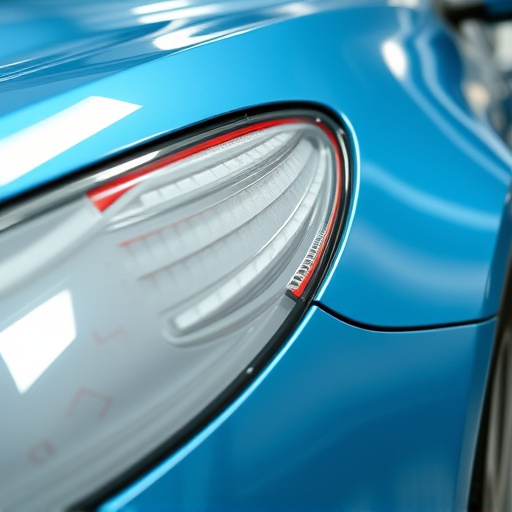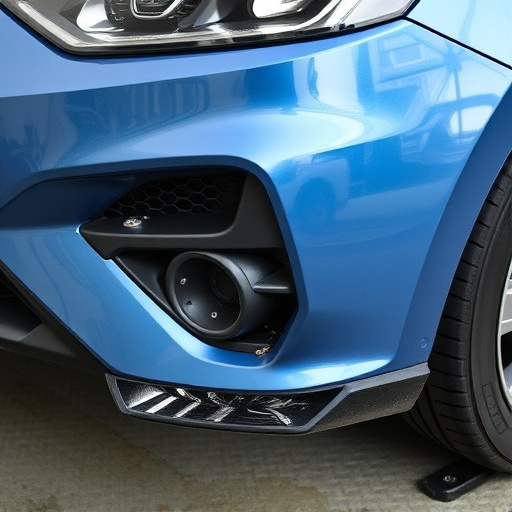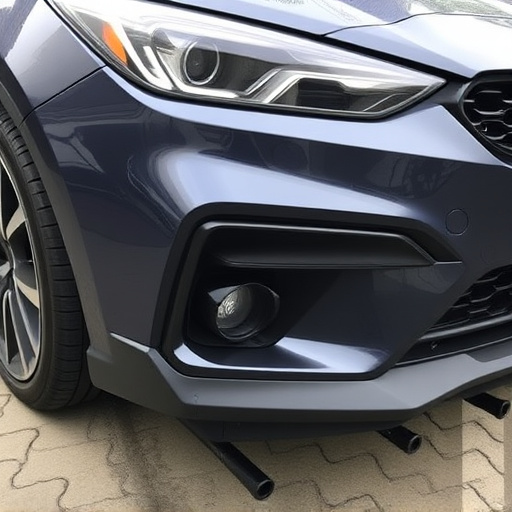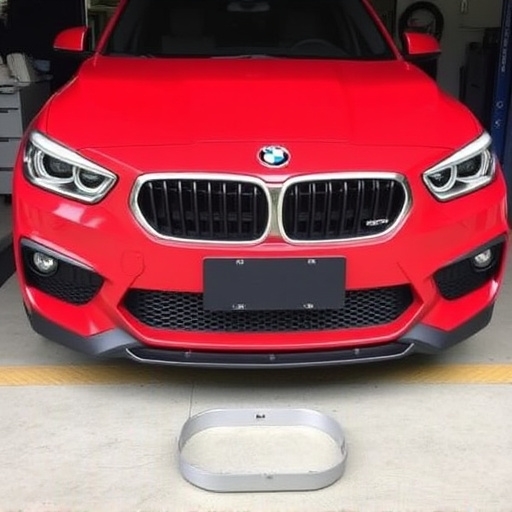Understanding your consumer rights before a vehicle frame inspection is crucial for fairness and navigating potential disputes. Know local regulations, refuse inspection if disagreeing with methods or costs, ask questions, and be vigilant of hidden charges. If findings are disputed, request detailed explanations, gather evidence, and consider second opinions or legal action through consumer protection agencies.
When purchasing a used car, a thorough vehicle frame inspection is crucial. This process uncovers potential structural damage, vital for buyers’ safety and peace of mind. However, disputes can arise from differing interpretations of the findings. Understanding your consumer rights before, during, and after an inspection is essential. This guide navigates your rights, offers strategies for disagreeing with findings, and explores legal recourse options when a vehicle frame inspection dispute occurs.
- Understanding Your Rights Before the Inspection
- What to Do If Disagreeing With the Findings
- Legal Recourse and Dispute Resolution Options
Understanding Your Rights Before the Inspection

Before a vehicle frame inspection, it’s crucial to be aware of your consumer rights. This knowledge equips you with the tools to navigate the process confidently and ensure fairness. Familiarize yourself with relevant laws and regulations pertaining to vehicle inspections in your region. Understand that you have the right to refuse an inspection if you disagree with the method or potential cost, though this may impact your insurance claims.
Remember, you’re not just a customer; you’re also a stakeholder in the process. This means you can ask questions, request clarifications, and even seek second opinions on the extent of damage and repair methods. Moreover, be alert to potential hidden costs associated with dent removal or car scratch repair, as these services are often part of the broader auto repair spectrum that may arise during a frame inspection.
What to Do If Disagreeing With the Findings
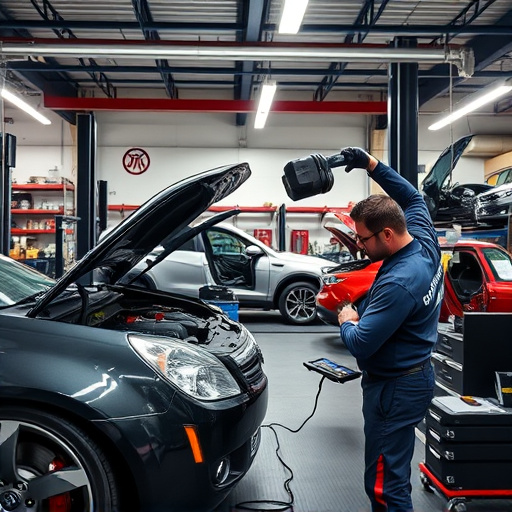
If you disagree with the findings presented during a vehicle frame inspection, it’s essential to remain calm and assert your rights as a consumer. Start by requesting a detailed explanation from the inspector; understand the methodology and evidence used to arrive at their conclusion. This is crucial, especially when dealing with complex repairs like luxury vehicle repair or auto glass replacement.
You can also gather supporting documentation or seek a second opinion from another reputable vehicle body shop. If you believe an error has been made, present your case with facts and evidence. Remember, knowing your rights and understanding the process is key to ensuring fairness during such disputes, especially when it comes to critical repairs like frame inspections.
Legal Recourse and Dispute Resolution Options

When a vehicle frame inspection dispute arises, understanding one’s legal rights and available dispute resolution options is crucial. Consumers have several avenues to explore if they believe their car has been incorrectly assessed for damage during a frame inspection.
The first step often involves revisiting the auto body shop and requesting a second opinion from another qualified mechanic. This can help clarify whether there was an error in the initial assessment, especially when dealing with subtle damage like a slight bend or misalignment that might be missed by untrained eyes. If the dispute persists, formal complaints can be filed with relevant consumer protection agencies, who have the power to investigate and mediate disputes between customers and auto repair facilities. In some cases, legal action may also be an option, particularly if there’s evidence of negligence or intentional misrepresentation on the part of the auto body shop, leading to a fender bender or car dent removal process that was not carried out properly.
When facing a dispute over a vehicle frame inspection, understanding your consumer rights is crucial. Knowing what to expect before, during, and after the inspection can empower you to navigate this process effectively. If disagreeing with the findings, there are legal recourse options available, including mediation or filing a claim. Remember that your rights as a consumer extend beyond ensuring the accuracy of the inspection; they also encompass fair treatment and transparent communication throughout the entire process.
